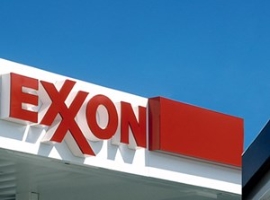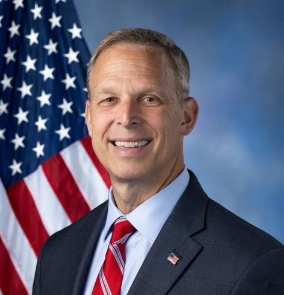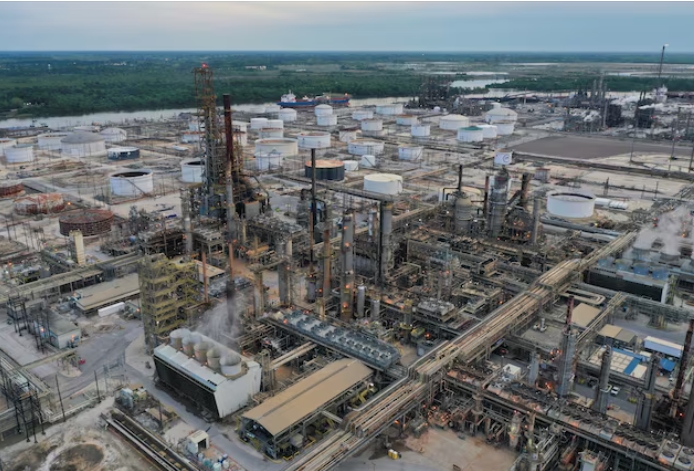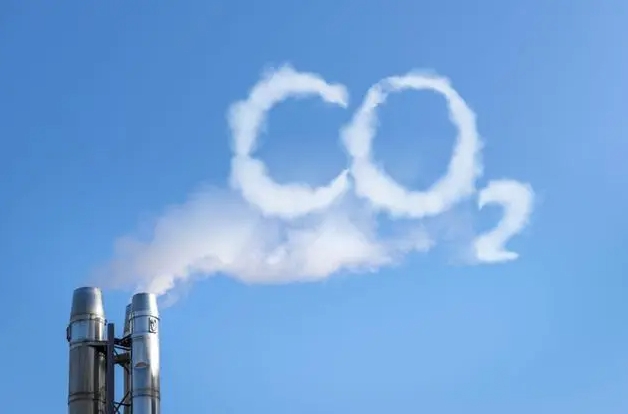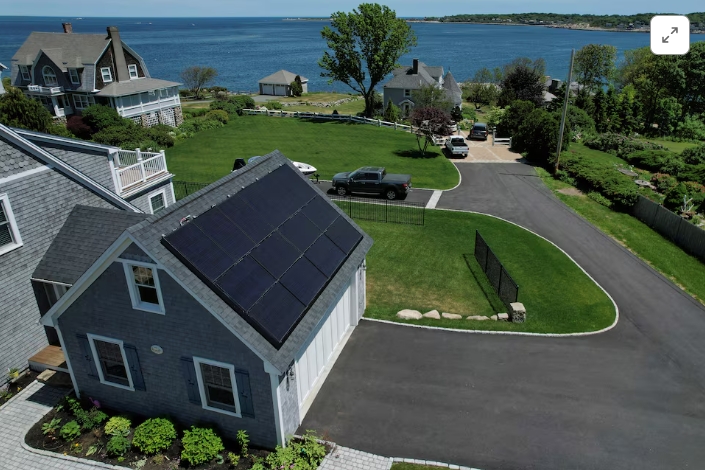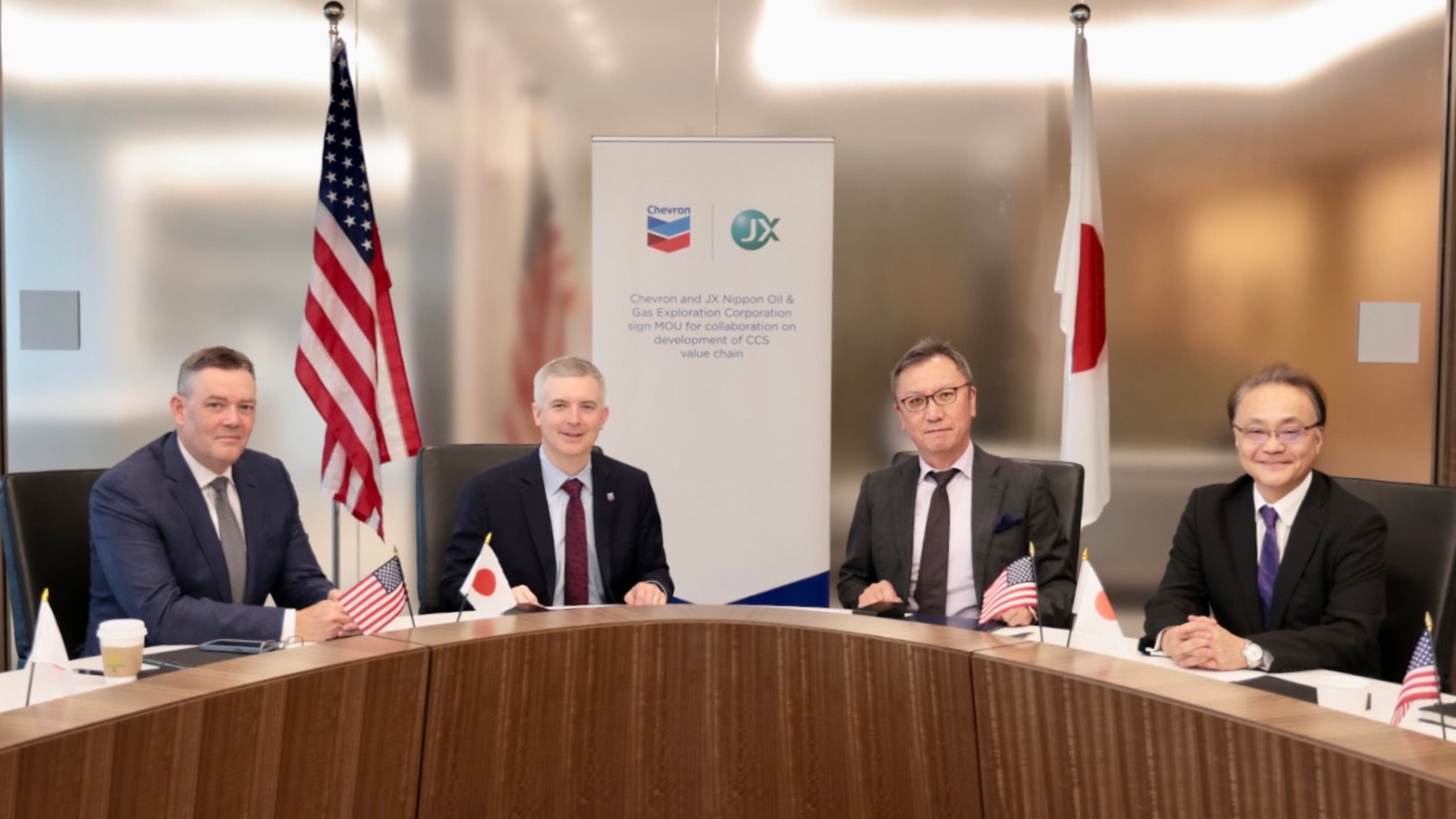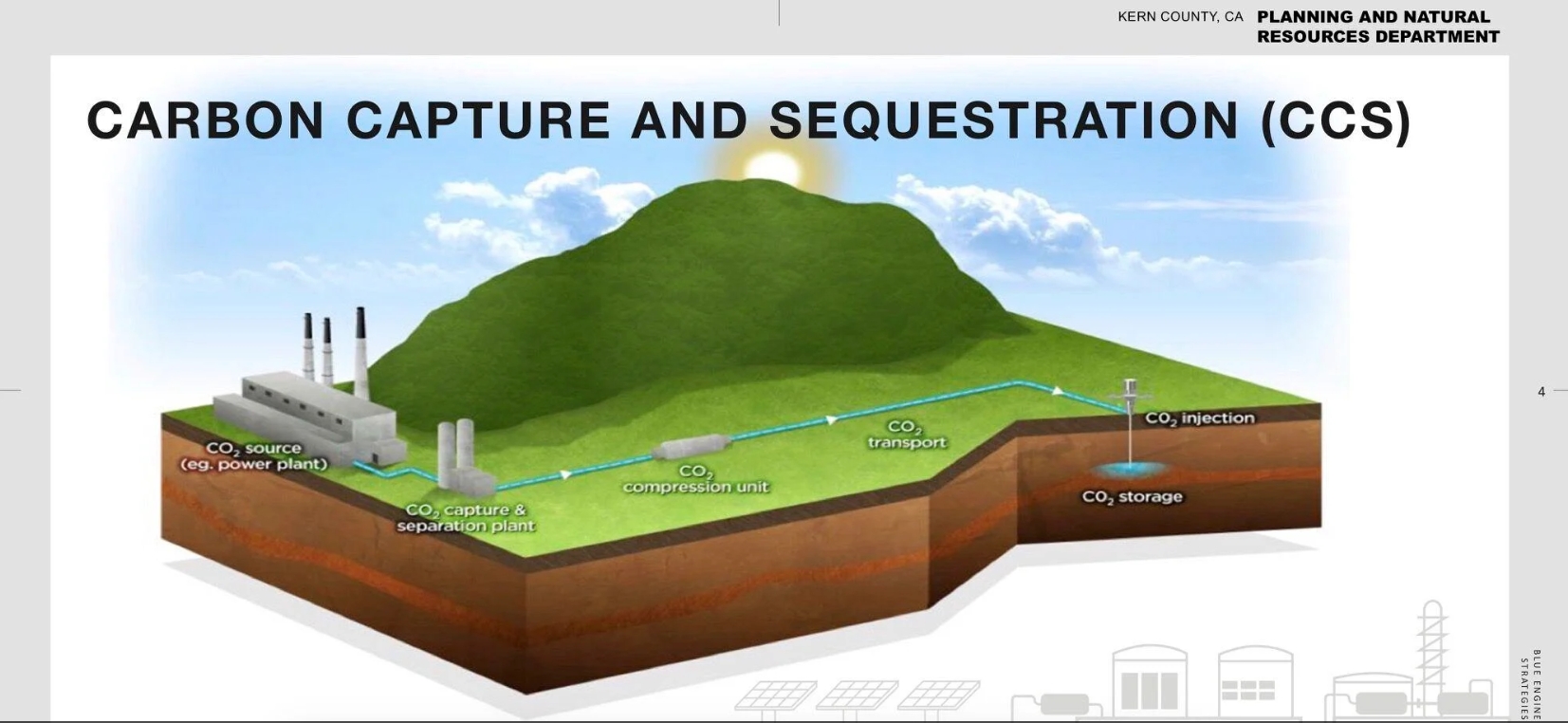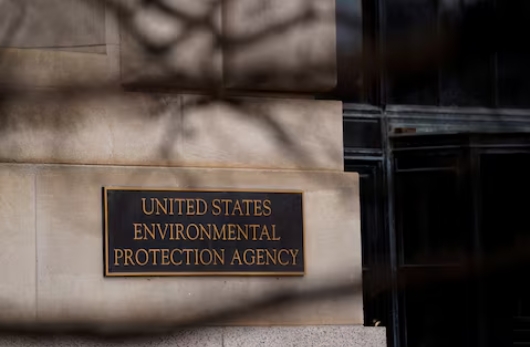
Signage at the headquarters of the United States Environmental Protection Agency (EPA) in Washington, D.C., U.S., February 18, 2025.
The permit aligns with efforts to manage CO2, a focus of the Biden administration’s 2022 Inflation Reduction Act, which provided significant subsidies for carbon capture and storage (CCS) projects. However, the current Trump administration’s stance on these incentives remains unclear, with potential cuts to tax credits under consideration as part of budget adjustments. Federal support for two major direct air capture projects, including another Occidental initiative in Texas, is also under review. The EPA’s announcement emphasized job creation and environmental responsibility, stating the technology “will provide well-paying jobs and can be implemented in an environmentally responsible way.”
Texas has seen growing interest in carbon sequestration, with 43 projects applying for federal permits to store CO2 in its oilfields. The Permian Basin, a key oil-producing region, is a focal point for these efforts. Yet, concerns have emerged about potential risks, such as increased earthquakes and well blowouts, linked to CO2 injection. These issues mirror challenges faced in managing wastewater disposal under a separate federal program, raising questions about public support for such projects.
The Texas Railroad Commission, responsible for overseeing wastewater injection, is seeking EPA approval to manage its own carbon sequestration permitting process. This move aims to streamline approvals and enhance local oversight. Occidental’s Stratos project represents a step forward in utilizing direct air capture technology, supported by BlackRock’s investment, to address CO2 storage needs.
The EPA’s decision highlights a balance between advancing technology and ensuring safety, with the Permian Basin playing a central role in these developments. The project’s progress will depend on ongoing regulatory and financial support, as well as addressing environmental concerns raised by local conditions.
